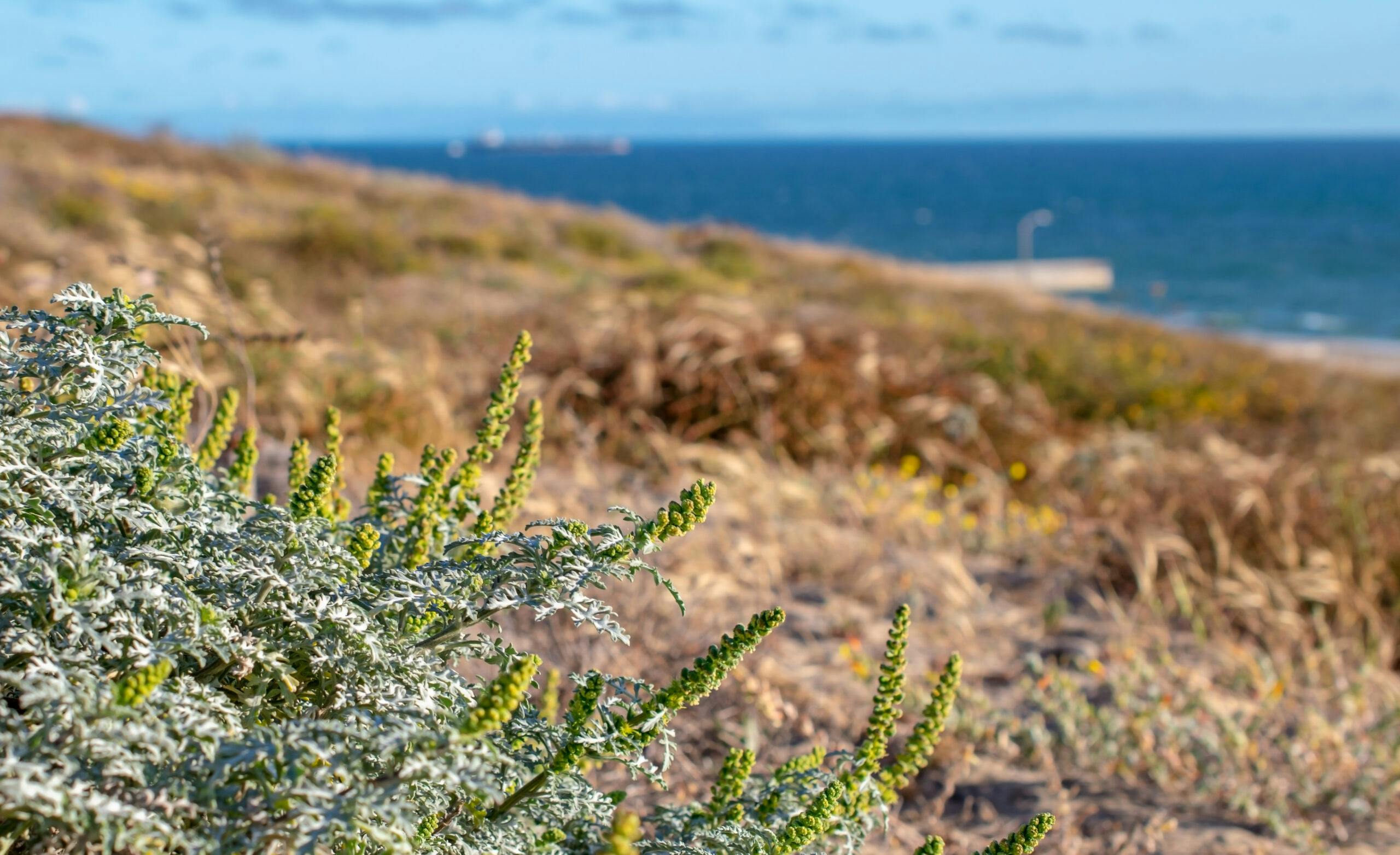Our Passion for Water Quality, Innovation and Collaboration Is What Drives Us
Nearly two million people live in the Santa Monica Bay Watershed stretching from Ventura County to Palos Verdes, from the Santa Monica Mountains and Griffith Park to Baldwin Hills, and out to the sea—and more than 5,000 species of animals, fish, birds, and plants make their home in the Bay and the Bay Watershed.
The Bay Foundation (TBF) is a 501(c)(3) non-profit environmental group founded in 1990 to restore and enhance Santa Monica Bay and local coastal waters. TBF is staffed by science and policy experts who are passionate about understanding and protecting the Bay and its watershed. This provides many benefits to people and wildlife, supports a strong economy, and improves our quality of life.
TBF works with a broad group of stakeholders, including government agencies, environmental groups, local communities, industry leaders, and scientists, to create and put into action innovative projects that clean up our waterways, create green spaces in urban areas, and restore natural habitats both on land and underwater, such as wetlands and kelp forests.
TBF supports the U.S. EPA’s Santa Monica Bay National Estuary Program (SMBNEP). The SMBNEP is one of 28 similar programs established under Section 320 of the 1987 Clean Water Act and administered by the U.S. EPA. A central aspect of this work is the implementation of 44 goals, as defined in the SMBNEP’s Comprehensive Conservation and Management Plan (CCMP). This publicly developed and adopted action plan provides a road map for protecting and restoring Santa Monica Bay and local interests. Learn more about the SMBNEP. For further details, reference the Memorandum of Agreement between the Santa Monica Bay Restoration Commission and The Bay Foundation regarding the Santa Monica Bay National Estuary Program.
Commitment to Equal Opportunity and a Culture of Belonging
TBF is committed to equal opportunity hiring, non-discriminatory practices, and creating a culture of belonging. TBF’s mission is to restore and enhance Santa Monica Bay and its watershed. Our commitment to this work includes creating a representative workforce and fostering a culture of belonging for all staff and volunteers. TBF engages a variety of perspectives and lived experiences that are foundational to our operations and culture. Internally, we value each person and the unique perspectives and capabilities that they bring to TBF. These values apply to our programs and external partnerships, where we strive to support projects that provide direct and indirect benefits to the residents and visitors of Santa Monica Bay and Los Angeles.
- We aim to improve our current and future programs to reflect the needs of all residents and visitors of Santa Monica Bay and the greater Los Angeles region
- TBF enhances our ability to restore Santa Monica Bay through actions and partnerships by incorporating community perspectives and priorities that improve water quality, conserve, and rehabilitate natural resources, and protect the Bay’s benefits and values for all.
Non-Discrimination Statement
In accordance with Federal civil rights law, TBF, its officer, and its employees, participating in and executing all tasks and responsibilities, do not discriminate on the basis of race, color, national origin (ancestry), religion (creed), sex, gender identity (including gender expression), sexual orientation, disability, age, marital status, and family/parental status, or reprises or retaliates for any prior civil rights activity.
These activities include but are not limited to, hiring and firing of staff, selection of volunteers and vendors, and provision of services. We are committed to providing an inclusive and welcoming environment for all members of our staff, partners, volunteers, subcontractors, subawardees, and vendors.
TBF is committed to providing individuals with disabilities the opportunity for full participation in its programs, services, and activities within its limited resources.
TBF will consider, assess, and provide reasonable accommodations to individuals with disabilities who may need accommodations or modifications to have equal opportunities to participate in or benefit from TBF’s programs, services, and activities.
The Bay Foundation recognizes and acknowledges that we are on the Indigenous land of Gabrielino-Tongva, Chumash, and Fernandeño Tataviam who have lived and continue to live here. TBF respectfully acknowledges Indigenous peoples as original and continued stewards of this land and its waterways and is grateful to carry out its work on their traditional lands.
